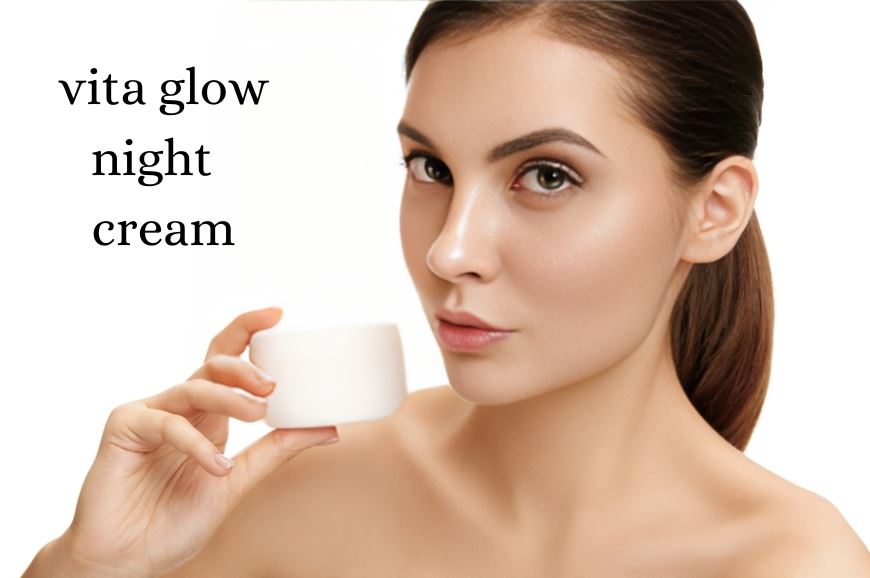
By SmrutiDummy
Jan 10, 2024
In the world of beauty and personal care, creams for skin lightening and bleaching have become increasingly popular. However, there's a lot of uncertainty about how they work, what they contain, and their effects on the skin. In this article, I will clarify these aspects and share my own experience in distinguishing between these two kinds of creams, using straightforward and original wording.
What are Skin Whitening and Bleaching Creams?
Skin whitening creams, often labeled as skin lighteners, are designed to reduce melanin pigmentation in the skin. Melanin is the pigment that gives skin its color. The primary purpose of these creams is to treat skin discoloration issues like freckles, age spots, and acne scars. On the other hand, skin bleaching creams are more potent. They not only lighten discolorations but also aim to decrease the melanin concentration in the skin, leading to a lighter skin tone overall.
Ingredients in Whitening and Bleaching Creams
The effectiveness and safety of these creams largely depend on their ingredients. Common components in skin whitening products include hydroquinone, kojic acid, glycolic acid, and vitamin C. These ingredients work by inhibiting tyrosinase, an enzyme crucial for melanin production. Skin bleaching products often contain higher concentrations of hydroquinone (up to 4% or more) and may also include steroids and mercury, which are much stronger and potentially more harmful.
How Do They Work?
Skin whitening creams gently exfoliate the upper layer of skin, removing dead skin cells and gradually fading dark spots. Bleaching creams, conversely, penetrate deeper layers of skin. They act aggressively to decrease the production of melanin, thereby lightening the skin tone more significantly.
My Personal Journey
Learning the Difference
My journey in understanding the difference between skin whitening and bleaching creams began with a simple misapprehension. Initially, I thought they were interchangeable terms for the same product. However, through research and consultations with dermatologists, I learned about the distinct purposes and ingredient profiles of each. Skin whitening products are generally safer and more suited for treating specific areas of hyperpigmentation. In contrast, skin bleaching creams are more aggressive and affect the overall complexion.
Choosing the Right Product
Choosing between a whitening or bleaching cream depends on individual skin goals and needs. For my specific concerns with acne scars and uneven skin tone, a mild skin whitening cream was the appropriate choice. It's crucial to note that while these products can improve skin appearance, they require time and consistent application to see visible results.
The Importance of Safe Usage
Understanding the potential risks associated with skin bleaching, such as skin irritation, mercury poisoning, and increased risk of skin cancer, I became more vigilant about product choices. Opting for creams with safe ingredient concentrations and adhering to prescribed usage guidelines are essential steps in preventing adverse effects.
Conclusion
Embarking on this journey has been enlightening. It has taught me the importance of understanding the products we use on our skin and their potential impacts. For anyone considering skin whitening or bleaching creams, it's crucial to do thorough research, consult with a dermatologist, and prioritize safety above all else. Remember, the goal is to enhance your natural beauty while ensuring the health and well-being of your skin.
Our Products:
Vita Glow Night Cream for Skin Whitening Authentic 30g
Active White L Glutathione Skin Whitening Cream
Dr James Glutathione Skin Lightening Cream
Advanced Vita Glow Skin Whitening Night Cream
Fair N Pink Skin Whitening Cream
Glow Plus GOLD Skin Whitening Cream
Glow Plus Skin Whitening Cream